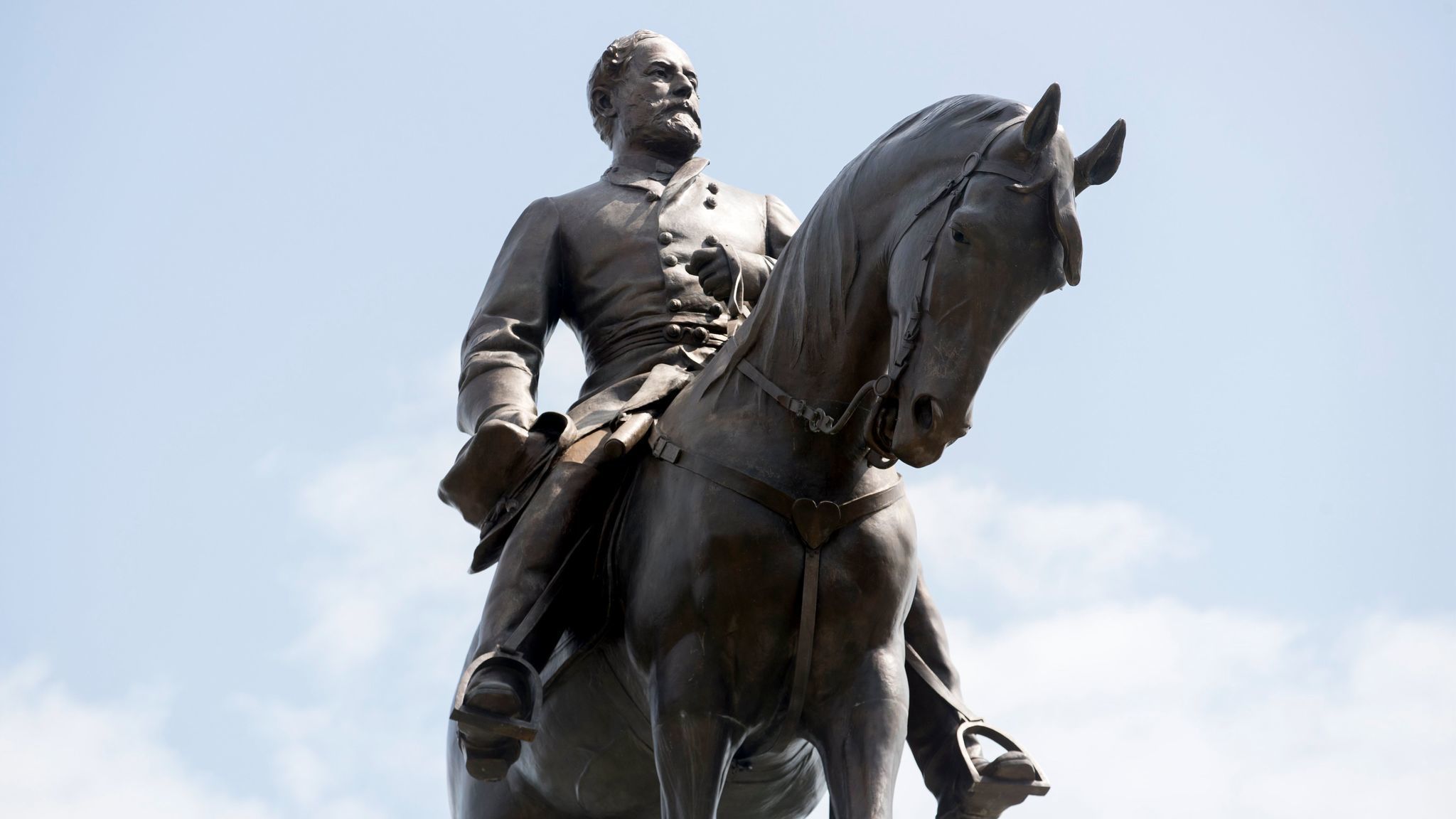People memorialize their dead in many different ways. More often than not they etch the names on stones along with a few, selected descriptive traits. I have read, “Loving father, husband, brother and grandfather.” Rarely do I see the individual’s profession listed. “Adoring mother, wife, sister, grandmother and great grandmother.” These memorials are not testimonies to how people saw themselves or even how they defined their lives. Instead they are about how the mourners wish to remember them.
It matters little, in fact, if the world at large saw them as adoring or loving. It matters little as well if they were, on occasion, not even so loving and adoring to their own family. These stones are about memory. They are not about history. They are about how we honor our dead. They are about how we fashion the remembrances that help us to tell the stories about what was best in those we love. They are not about telling a child who is named for a beloved grandfather about the occasional struggles with anger her namesake once contended with.
Honoring the memory of a grandfather is not about remembering history. It is much more about the future than the past. It is about recalling the smile that a grandmother elicited. It is about sensing–once again–the feel of a great grandfather’s arms around one’s once small frame. It is not about how he made a living. It is not about how he interacted with the world at large, or even how he made a mark on history. It is simply about how we choose to remember them. That is what these stones attest to.
These days we are confused about our past. We argue vociferously about stones and statues. People speak about General Lee as if he were their grandfather, as if removing a statue from a town’s square is a desecration of history. It is not. It may very well destroy how they wish to remember Lee and other leaders of the Confederacy, but it is not a defamation of history. We are not really arguing about history. The question is much more about how we honor the past. It is about how we conjure memory. And these influence what kind of future we wish to fashion.
I have no arguments with those who wish to see Lee as a brave general and perhaps a loving father. I do not know enough about the man to offer any opinion about such matters. Such adjectives are not really about history. They are instead about private remembrances. The square, however, belongs to the public. If we wish to banish racism then a statue of the man who fought to divide our nation and who helped to lead the charge to preserve slavery, must be removed from our shared space.
Let us not pretend we are fighting about history. We are arguing about memory. And this struggle is about the future.
For the Jewish people the foundational memory is likewise about slavery. In fact, historians have been unable to offer definitive affirmation of the Bible’s account. No Egyptian records attest to Israelite slaves freed at once and in such vast numbers. Thousands of years later, historical fact matters little. It is instead what the memory of this experience impels the Jewish people to do. The Bible repeats over and over again that it calls us to love the stranger. Why? For one simple reason… because we know what it feels like.
That is the power of memory. That is the import of this story.
The stories I tell my children, the tales I regal them with about their namesakes, are much more about what I hope they might become than anything history records. That is what I remind them about when we visit these graves and read the words, “Loving grandfather. Adoring grandmother.”
Let’s be honest. We are not fighting about history. We are battling about the future. I, for one, want that future to be free of racism, and its corollary antisemitism. The symbols of this country’s racist past, as well as what appears its present, must come down. Why? Because this is how we fashion the memories that will carry us to a better future.
We cannot erase our history. We must not forget our pain. But we can fashion a better, and brighter, future. It begins with who we choose to honor. It starts with who we choose to memorialize. To pretend we are fighting about history and anything but a better future is to misunderstand the symbolism of statues and the import of memory.
Rabbi Steven Heneson Moskowitz is the rabbi of Congregation L’Dor V’Dor, a vibrant synagogue on Long Island’s North Shore. His writing appears in a variety of publications including Reform Judaism and The Times of Israel. He also blogs at rabbimoskowitz.com

